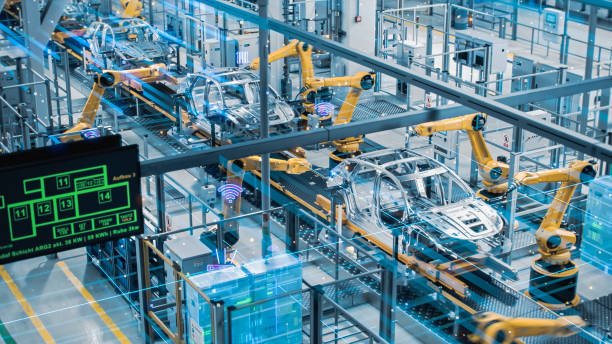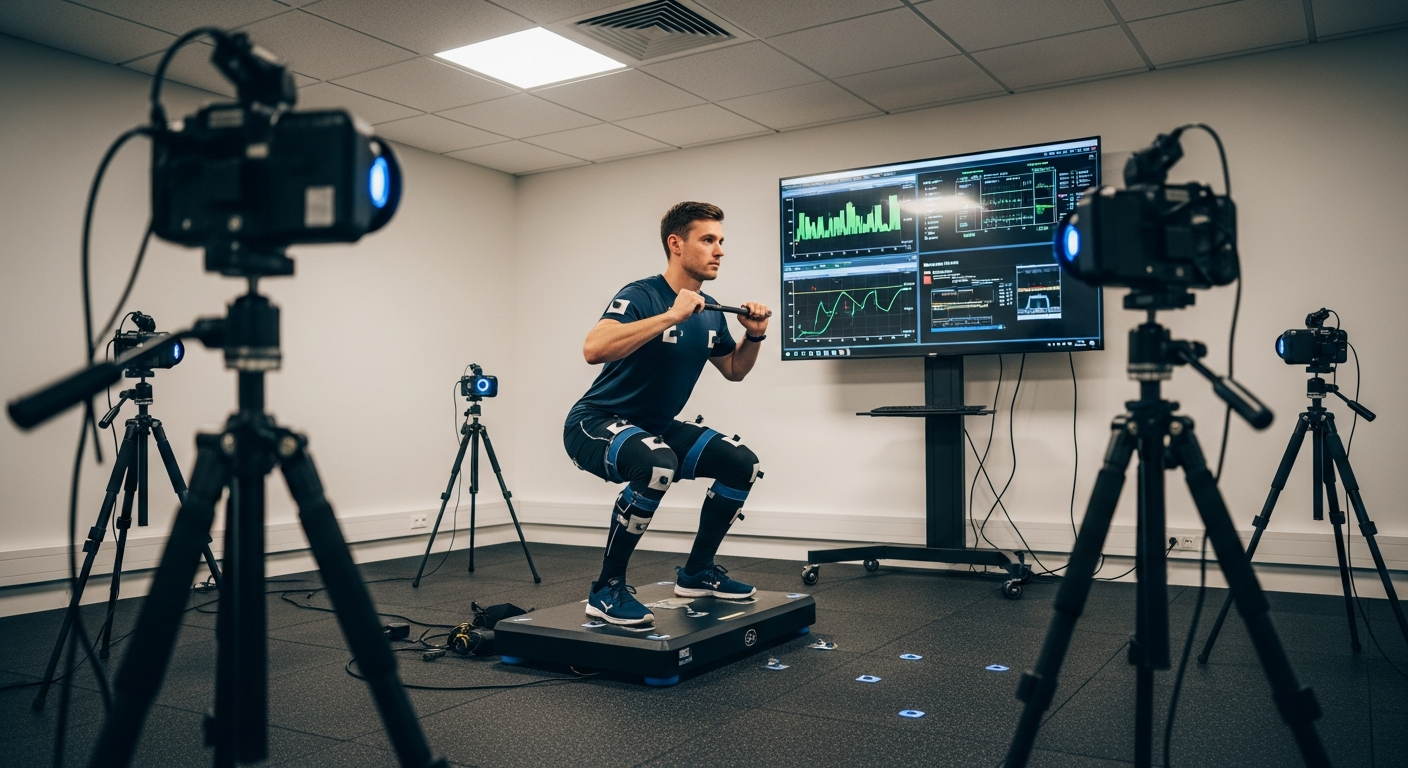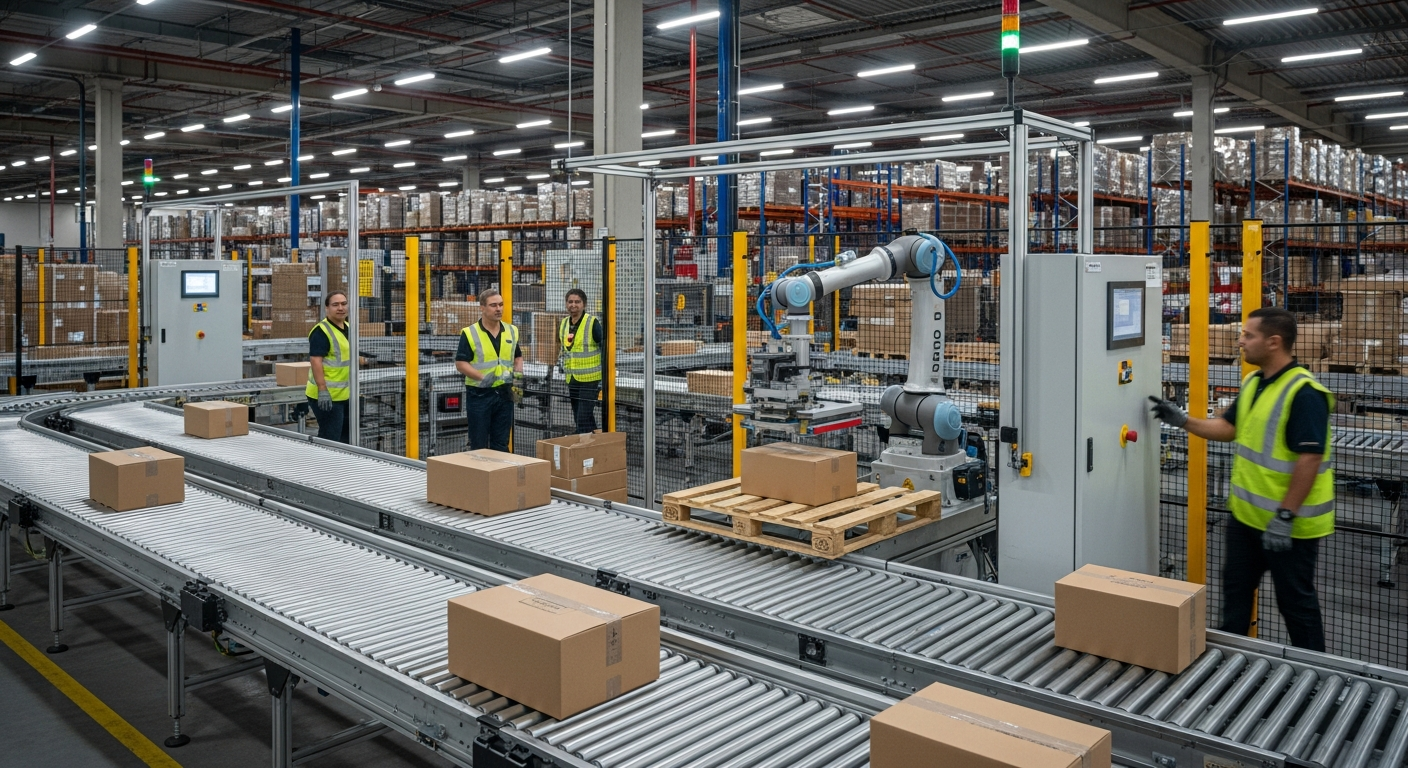Modular Manufacturing: Redefining Production Flexibility
Modular manufacturing is revolutionizing industrial production by offering unparalleled flexibility and scalability. This innovative approach breaks down traditional assembly lines into reconfigurable units, allowing businesses to adapt swiftly to market demands and product variations. As industries face increasing pressure to personalize offerings and respond to rapidly changing consumer preferences, modular manufacturing emerges as a game-changing solution that promises to reshape the future of production.

The origins of modular manufacturing can be traced back to the mid-20th century, with early applications in the automotive industry. However, it’s only in recent years that advancements in technology and increasing market pressures have propelled modular manufacturing to the forefront of industrial innovation.
Key Components of Modular Manufacturing Systems
At the heart of modular manufacturing are the modular units themselves. These can include:
Plug-and-Play Equipment
Modern modular manufacturing relies heavily on equipment that can be easily connected and disconnected. This “plug-and-play” functionality allows for rapid reconfiguration of production lines, enabling manufacturers to switch between different products or scale production up or down with minimal downtime.
Standardized Interfaces
To ensure seamless integration between modules, standardized interfaces are crucial. These interfaces cover not just physical connections but also data exchange protocols, allowing different modules to communicate and work together efficiently regardless of their manufacturer or specific function.
Flexible Material Handling Systems
Modular manufacturing requires equally flexible material handling solutions. Automated guided vehicles (AGVs) and conveyor systems that can be quickly rerouted are essential for maintaining the fluidity of production in a modular environment.
Benefits of Embracing Modular Manufacturing
The adoption of modular manufacturing offers numerous advantages for businesses across various industries:
Enhanced Product Customization
By allowing for easy reconfiguration of production lines, modular manufacturing enables manufacturers to offer a wider range of product variations without significant increases in cost or complexity. This capability is particularly valuable in industries where personalization is becoming increasingly important, such as consumer electronics or automotive manufacturing.
Improved Scalability
Modular systems allow businesses to scale their production capacity up or down in response to market demands. This flexibility is especially beneficial for startups and small to medium-sized enterprises, as it allows them to grow their production capabilities incrementally without the need for massive upfront investments.
Reduced Time-to-Market
The ability to quickly reconfigure production lines means that new products can be brought to market faster. Manufacturers can set up test production runs more easily and make rapid adjustments based on feedback, significantly reducing the time from concept to launch.
Challenges and Considerations
While the benefits of modular manufacturing are substantial, implementing this approach comes with its own set of challenges:
Initial Investment Costs
The transition to modular manufacturing often requires a significant upfront investment in new equipment and systems. However, the long-term benefits in terms of flexibility and efficiency can outweigh these initial costs for many businesses.
Complexity in Design and Planning
Designing a modular manufacturing system requires careful planning and a holistic view of the entire production process. Engineers and planners must consider not just current needs but also potential future scenarios to ensure the system remains flexible and adaptable.
Training and Workforce Adaptation
Implementing modular manufacturing often requires a shift in workforce skills and mindset. Employees need to be trained not just in operating individual modules but in understanding the entire system and how to reconfigure it effectively.
Future Trends in Modular Manufacturing
As technology continues to evolve, several trends are shaping the future of modular manufacturing:
Integration with Industry 4.0 Technologies
The combination of modular manufacturing with advanced technologies like artificial intelligence, the Internet of Things, and big data analytics is opening up new possibilities for predictive maintenance, real-time optimization, and even self-reconfiguring production lines.
Sustainability and Circular Economy
Modular manufacturing aligns well with sustainability goals, as it allows for easier upgrading and repurposing of equipment. This approach can significantly reduce waste and support circular economy principles in industrial production.
Practical Insights for Implementing Modular Manufacturing
• Start small: Begin by modularizing a single production line or product family before scaling up.
• Invest in employee training: Ensure your workforce is prepared to operate and maintain modular systems.
• Standardize where possible: Develop standard interfaces and protocols to ensure compatibility between different modules.
• Plan for the long term: Design your modular system with future expansion and changes in mind.
• Collaborate with suppliers: Work closely with equipment suppliers to ensure seamless integration of different modules.
Modular manufacturing represents a paradigm shift in industrial production, offering unprecedented flexibility and adaptability. As businesses continue to face pressure to innovate and respond quickly to market changes, the adoption of modular manufacturing principles is likely to accelerate. By embracing this approach, manufacturers can position themselves to thrive in an increasingly dynamic and competitive global marketplace.






